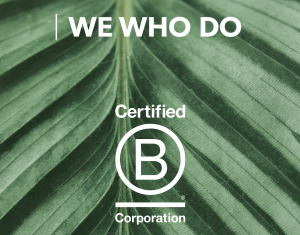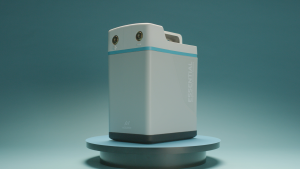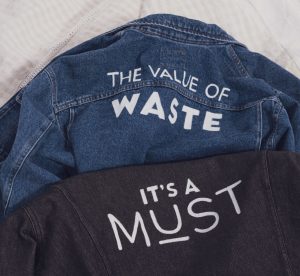Car manufacturer Volvo has announced it will begin supplying vehicles to ride-hailing service Uber for self-driving use in 2019, in spite of delays to the testing programme. The announcement came alongside the revelation of a deal to develop electric cars for use in an autonomous taxi fleet in China. The deal was initially struck in 2017, involving the sale of up to 24,000 XC90 vehicles to Uber, which engineers from both companies would equip with self-driving systems.
Moving forward through difficult times
The testing programme stalled when there was a fatal collision involving a pedestrian, but Volvo say shipments of the first batch of vehicles will go ahead as originally planned. A spokesman for Uber said the company was planning for the receipt of vehicles in 2019, but tests with self-driving cars on public roads have yet to resume. The company has previously stated a desire to make changes to the cars, in addition to publishing a detailed safety report.
Driving innovation in China
Volvo’s separate deal for the Chinese Baidu group’s self-driving programme is to involve fully electric cars. These will be fully based on a Volvo electric car that is scheduled to launch in 2020. This deal will be the first time a carmaker outside China has worked with Baidu to such a degree on self-driving cars.
The Chinese car market is the largest in the world, and is expected to be the largest area using self-driving cars once the tech becomes commercialised. Volvo has stated its aim to be the ‘supplier of choice’ for companies planning to implement fleets of self-driving cars. To this end, it believes that as much as 1/3 of its cars sold in 2025 will have self-driving capabilities, which will be sold to both ride fleets and consumers.
An evolving market
Several Western car manufacturers, including Mercedes-Benz, Audi and BMW are trialling self-driving cars in China using local partners for the technology. Mercedes and Ford are utilising Baidu’s own Apollo system. But the Volvo arrangement is different as the company will collaborate with Baidu engineers to develop vehicles, implementing Baidu’s systems in tandem with Volvo’s existing safety tech.







